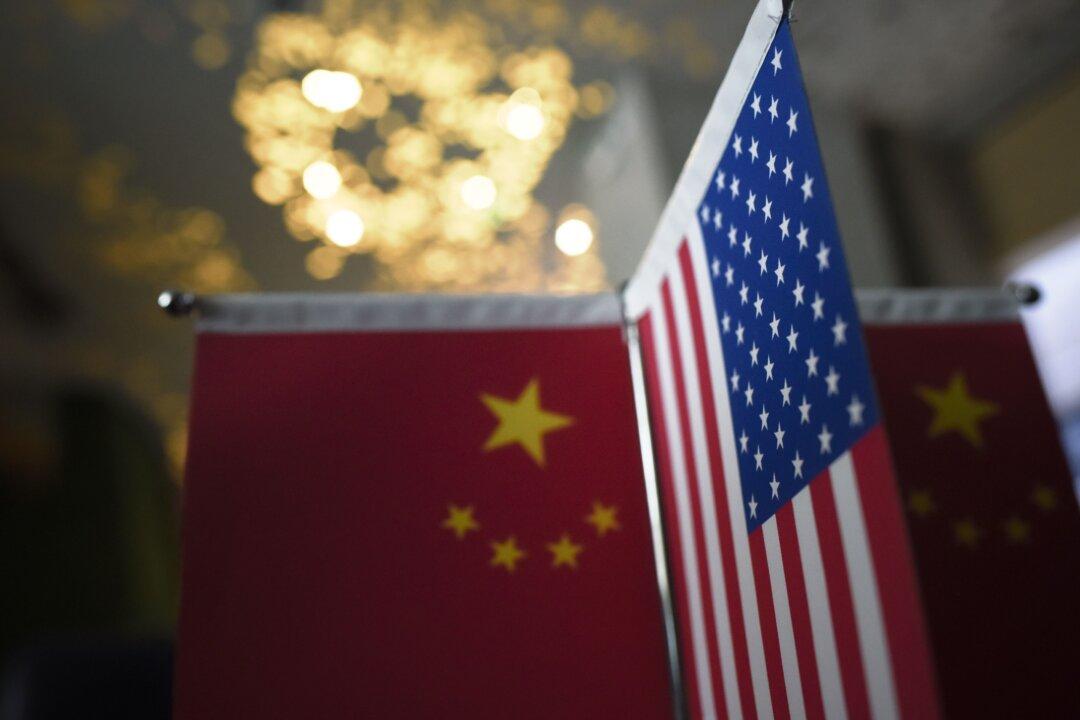About 60 percent of Americans surveyed in a new Quinnipiac University Poll have listed China as a bigger threat to the United States over Russia.
The poll, which was conducted between March 9–13, asked 1,795 American adults about their views on a range of political topics. One question asked respondents to identify who they consider the greatest threat to the United States among the countries of China, Russia, North Korea, Iran, Venezuela, and Cuba.





